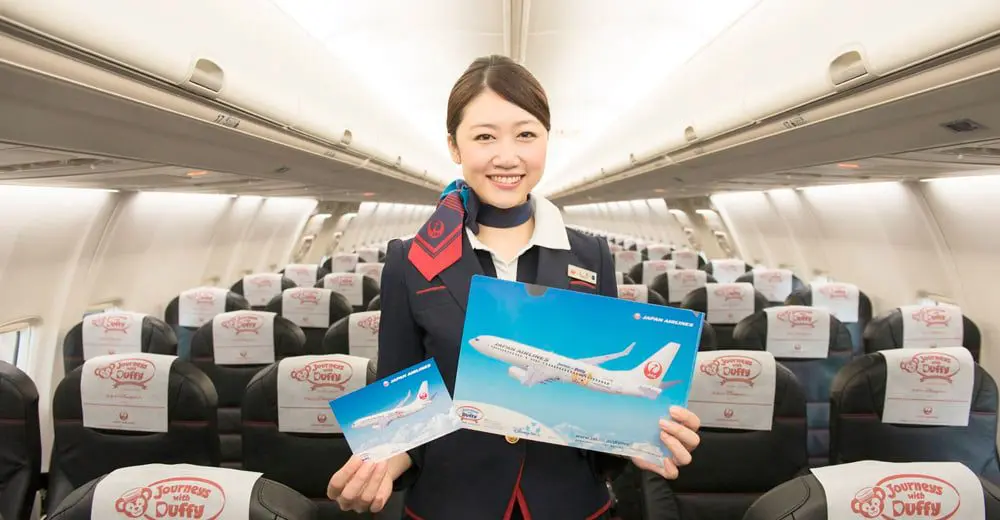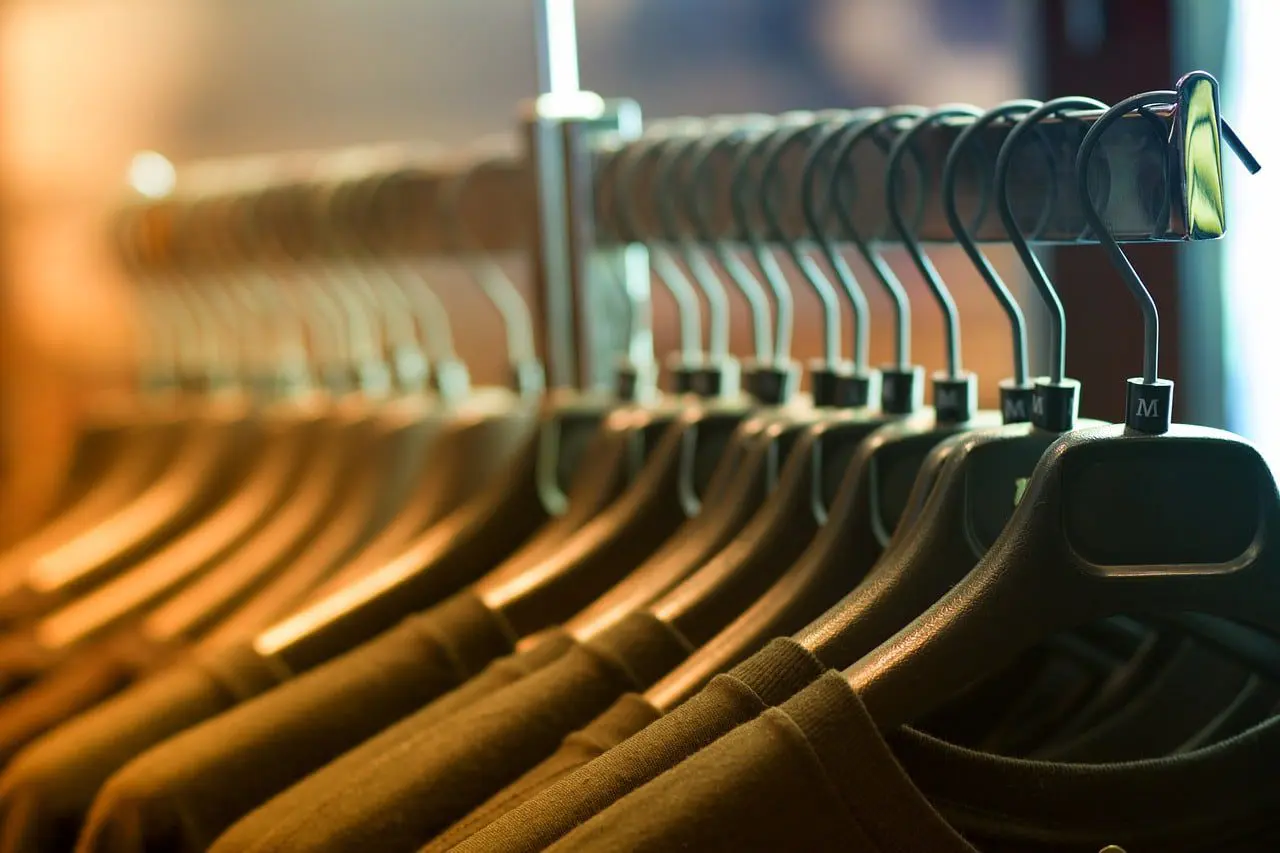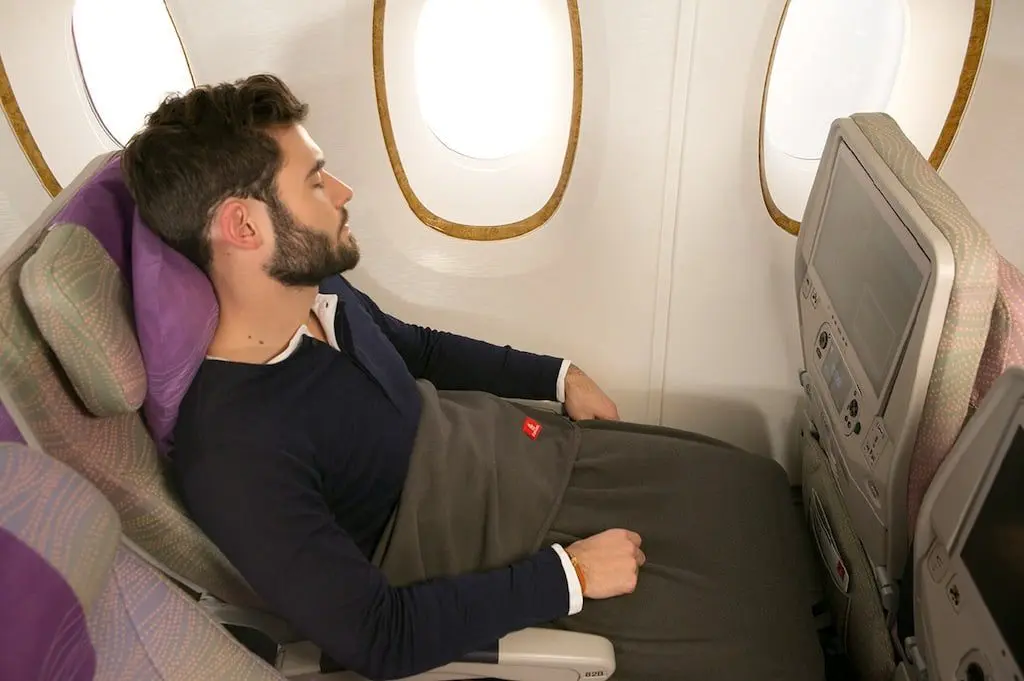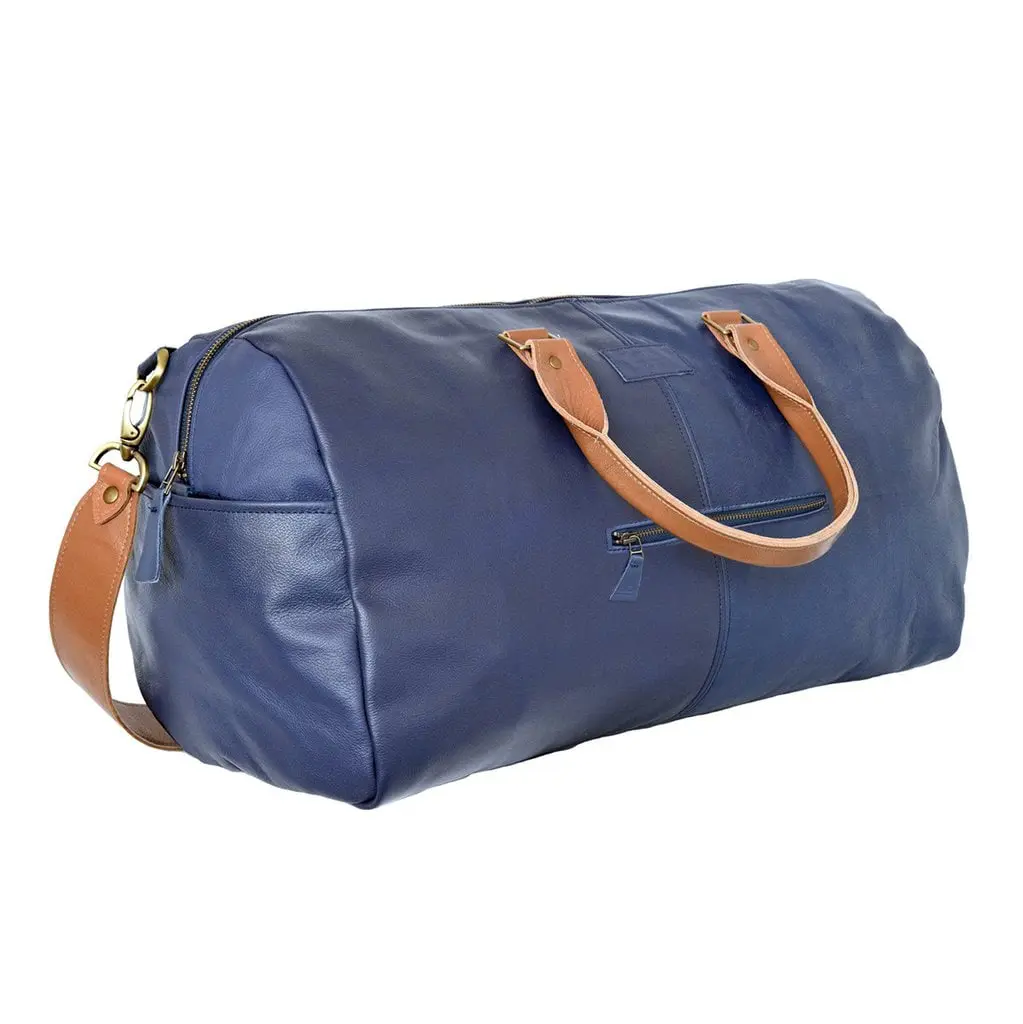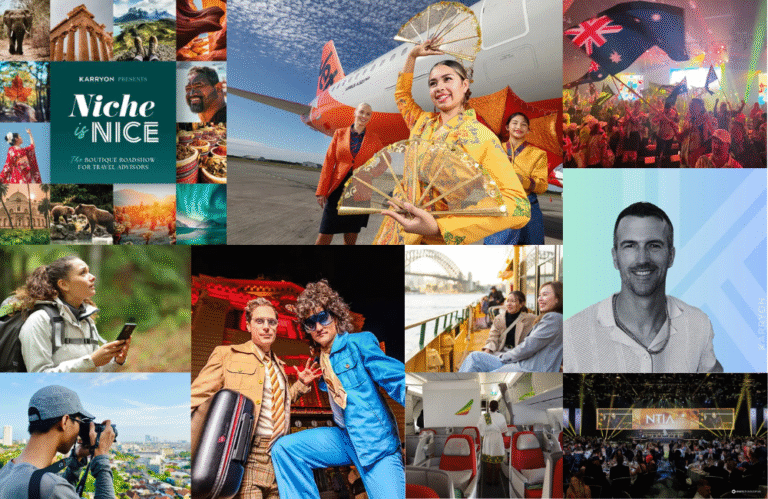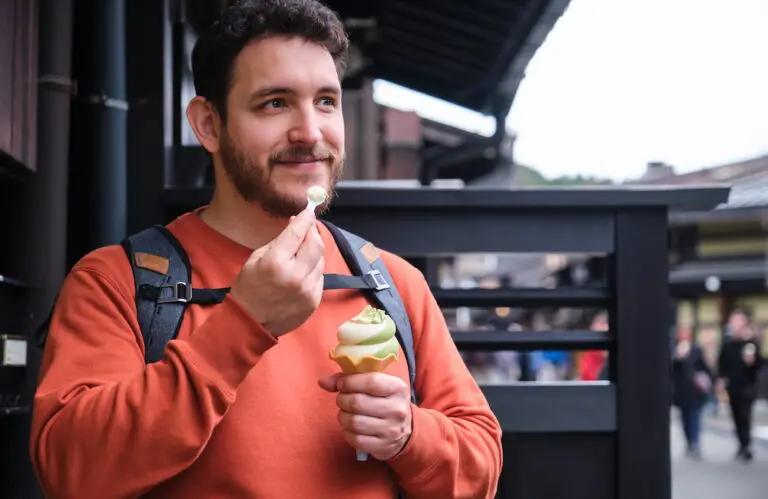Imagine being able to turn old clothes into a biofuel that could power an aircraft. Sounds like science fiction, but this week this off the wall notion became science fact.
In fact, airlines are jumping on the recycling, or upcycling, bandwagon in a major way, with two of the world’s major carriers announcing seriously creative innovations.
Japan Airlines this week announced a partnership with Tokyo’s Green Earth Institute and recycling company Japan Environmental Planning which will see the trio develop commercial bioethanol using unwanted items of clothing from an extensive network of retailers.
The cotton garments will be fermented to release the sugars necessary to produce the fuel. And while cotton doesn’t deliver huge amounts of fuel, the idea is to extend the process to other fibres and types of waste to boost the production of the fuel.
So when can we expect to see planes powered by this futuristic new fuel? The first experimental fuel plant is under construction with test flights using a combination of the new bioethanol and conventional oil expected to take place in 2020. If successful, commercial production will kick off in 2030.
On the softer side, Emirates this week unveiled new sustainable blankets made from 100% recycled plastic bottles. Despite they’re cool and sustainable credentials, they’re not for the fancy pants flyers in business and first. These little numbers, described as “soft and warm” by the Dubai-based carrier, are available only in economy class on all long-haul flights.
Made using ecoTHREAD patented technology, each blanket is made from 28 recycled plastic bottles which are turned into plastic chips before being turned into yarn, creating a polar fleece material. The fine thread is then woven into soft blankets.
The environmentally-friendly blankets have been designed in partnership with inflight product specialists Buzz.
The airline described the new initiative as “part of Emirates’ continued commitment to product innovation and sustainability”.
“Emirates already runs a green programme on board recycling aluminium cans, plastic and glass bottles, and clean paper products such as newspapers, magazines and cardboard cartons where possible,” the airline said.
The project will keep a whopping 88 million plastic bottles out of landfills by the end of 2019 – that’s the equivalent of 44 A380 aircraft.
It’s not the first time that an airline has thought outside the box when it comes to recycling.
Back in 2014, US carrier Southwest Airlines replaced 80,000 airplane seats to lighten their load and save gas. They approached a company called Looptworks to “rehabilitate” the unwanted leather – around 40 acres of it – and the end result was a range of vintage-look bags.
A year later, Hawaiian Airlines recycled the old seats from its aircraft by turning them into fashion creations so chic they have been displayed on the catwalk at last year’s Honolulu Fashion Week.
Who knows what they will come up with next? One thing’s for sure at any rate – the sky is the limit.
KarryOn is proud to support this wonderful project as another fine fantastic example of our 2017 ‘Travel to change the world’ initiative. You can help by sharing this story to raise awareness and using the hashtag #traveltochangetheworld when you see a great example of good will or sustainable initiatives in travel.



